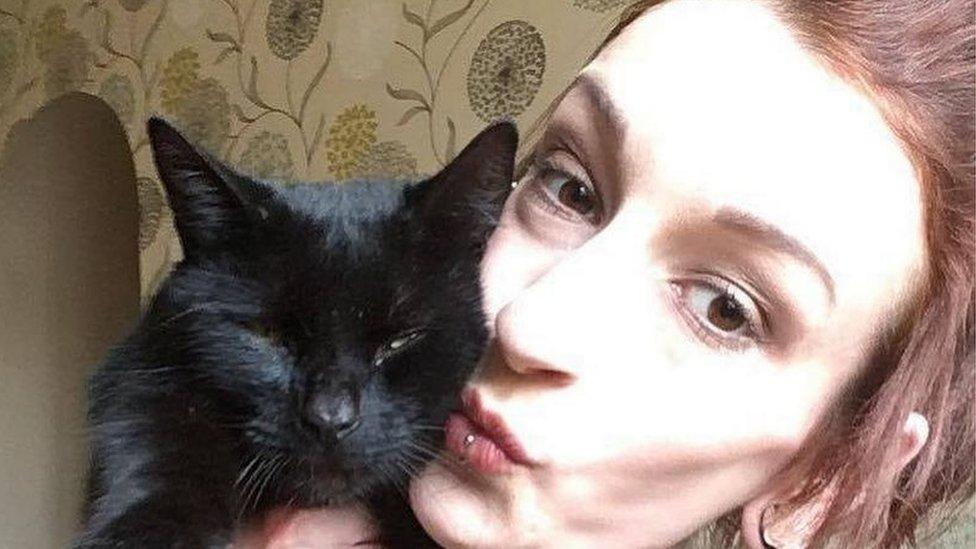Anorexia: Coroner's concern over eating disorder deaths under-reporting
- Published
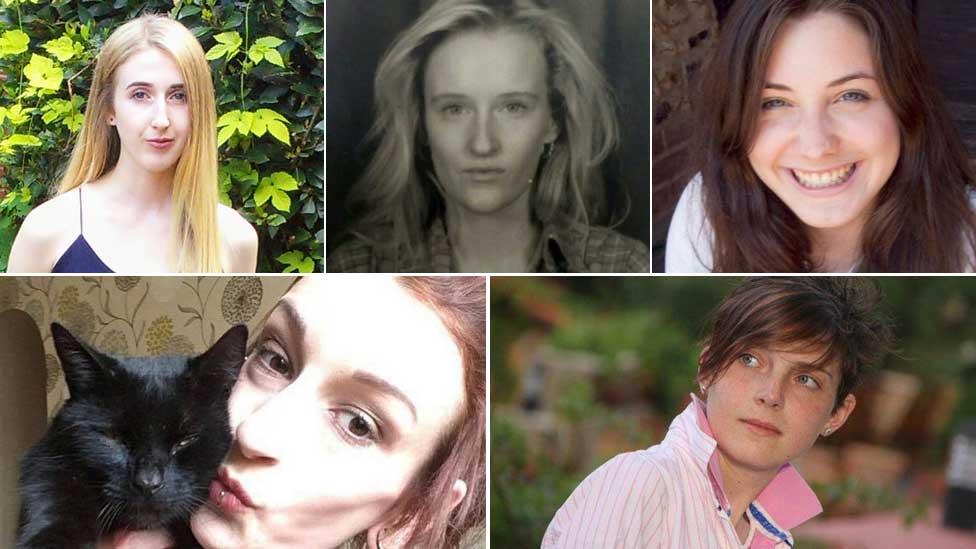
Clockwise, from top left: Maddy Wallace, Amanda Bowles, Averil Hart, Emma Brown and Maria Jakes
A coroner has spoken of concerns over a possible "significant under-reporting" of eating disorders following the deaths of five women who had anorexia.
Sean Horstead said in a report, external there was a "lack of robust and reliable data" around the illness.
Simon Brown, whose daughter Emma died in 2018, said it laid out "some of the key things that have to change".
The Department for Health and Social Care said it was "important... everyone gets the mental health support" needed.
Mr Horstead, assistant coroner for Cambridgeshire and Peterborough, oversaw the inquests into the deaths of Averil Hart, Amanda Bowles, Madeline Wallace, Emma Brown and Maria Jakes, who died between 2012 and 2018.
The prevention of future deaths report covered all the inquests.
It was written following the conclusion of the inquest into the death of Miss Hart, which found systemic failures and neglect.

Coroner Sean Horstead heard the inquests into each of the five women's deaths, one after the other
Mr Horstead said there "remains a risk of avoidable future deaths" and raised concerns including the "inadequate training of doctors and other medical professionals" regarding eating disorders.
The coroner said that while eating disorders have the highest mortality rate of mental illnesses, he was "concerned that there may also be a significant under-reporting of the extent to which eating disorders have caused or contributed to deaths".

If you are affected by any of the issues in this story, you can find support on the BBC Action Line.

He said he was concerned this led to cases either "not being referred to a coroner or, if they are, the coroner in question determining that death was one of natural causes with only the terminal cause of death, and not the underlying eating disorder cause or contribution to the death, being recorded".
He also raised concerns over a lack of commissioned monitoring for moderate and high-risk anorexia patients, and about the impact of the Covid-19 pandemic.

Simon Brown has previously said it was almost "indescribable" seeing his daughter get sicker and sicker
Mr Brown, whose daughter died in Cambourne, near Cambridge, said: "You can't read that report and not agree with what he's said. It's written down, black and white, this has got to change. That's the power of it.
"What people choose to do with it will be seen."
Mr Brown has an honorary role within the NHS and is also the board trustee of an eating disorder charity.
He said during the pandemic eating disorder referrals were "100%, 200% above the norm".
"It's a very difficult situation made even more difficult by Covid-19. It's a outright disaster in the making what's happening and what's going to happen."
He added his "gratitude" to eating disorder staff working under "unbearable pressure" because of how Covid-19 has affected how they run the service.
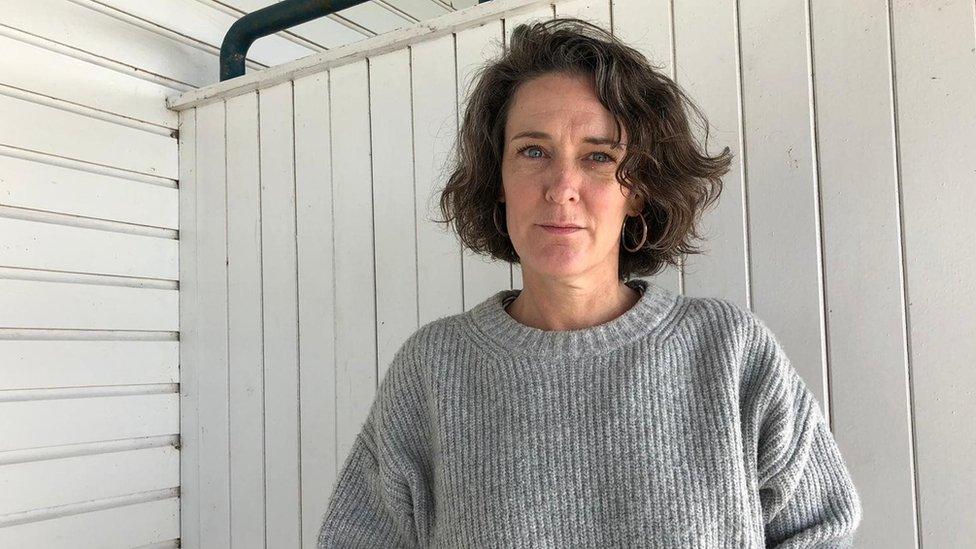
Rachel Waller described her sister as "gentle" and "sweet"
Ms Bowles, 45, died in Cambridge in September 2017 and her sister Rachel Waller believes the "lack of reliable data highlighted is really important because it leads into all the other issues".
She said that even with an under-reporting of deaths eating disorders had "such a high death rate - it really needs to be prioritised".
"What I would want is the funding to make sure that this doesn't happen again. I don't want anyone sitting here in the situation that I or the other families [are in]," Ms Waller said.
Nic Hart, whose daughter Averil, from Newton in Suffolk, died in 2012, said he welcomed the report but added: "We now need action and the money spent in the right places."
Health Secretary Matt Hancock was among the people who the report was sent to.
A Department of Health and Social Care spokeswoman said in response to a Parliamentary Health Service Ombudsman report in 2017, a working group had been set up to address recommendations.
She said: "We have provided the largest funding increase in NHS history to expand and transform mental health services, with an additional £2.3bn a year by 2023-24.
"NHS England will test four-week waiting times for adult and older adult community mental health teams, including eating disorders, to build our understanding of how best to introduce ambitious but achievable improvements to access, quality of care and outcomes.
"They will also launch early intervention services for young people with eating disorders meaning they could begin treatment within two weeks."
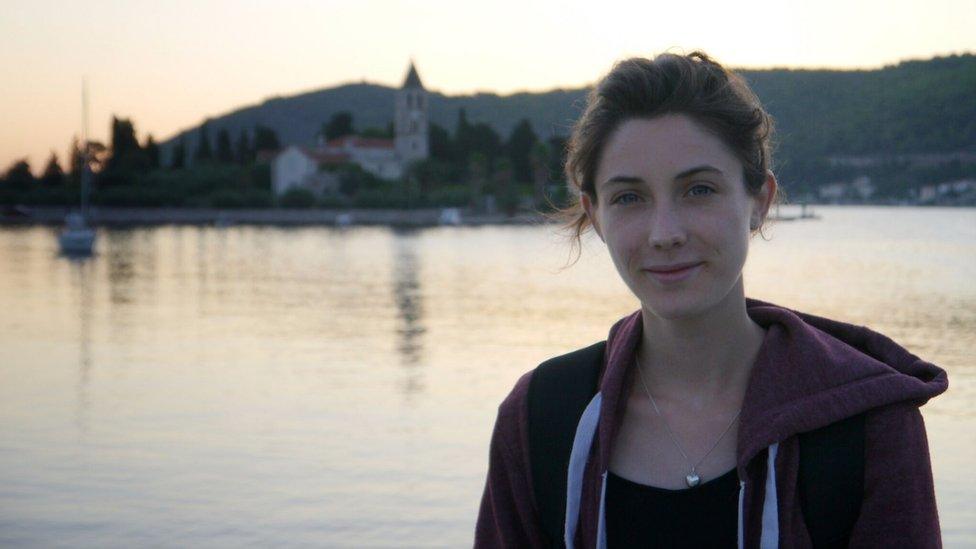
A report published in 2017 found Averil Hart was failed by "every NHS organisation that should have cared for her"
Prof Colin Melville, from the General Medical Council, said they had asked medical schools "to address knowledge gaps and agree a common approach to improve the way eating disorders are taught".
He said that "new resources covering early diagnosis, monitoring and treatment, are now in development... to support students, trainees and practising professionals with updated information".
"Better education, along with system-wide reform, is crucial to prevent more avoidable deaths, and to help more patients recover."
The Academy of Medical Royal Colleges said it would be responding to the coroner in due course and that their "sympathies go out to the families of Averil, Amanda, Madeline, Maria, and Emma".
Prof Wendy Reid, director of education and quality and medical director at Health Education England, said her "sympathies are with the families involved" and it was working "to carefully consider and respond in due course" to the coroner's report.

Find BBC News: East of England on Facebook, external, Instagram, external and Twitter, external. If you have a story suggestion email eastofenglandnews@bbc.co.uk, external
Related topics
- Published6 November 2020

- Published6 November 2020
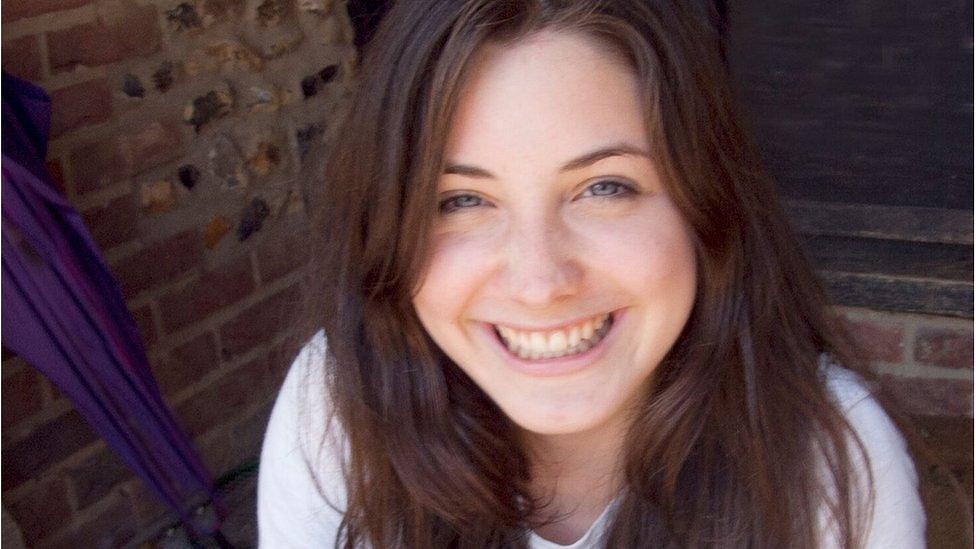
- Published23 January 2020
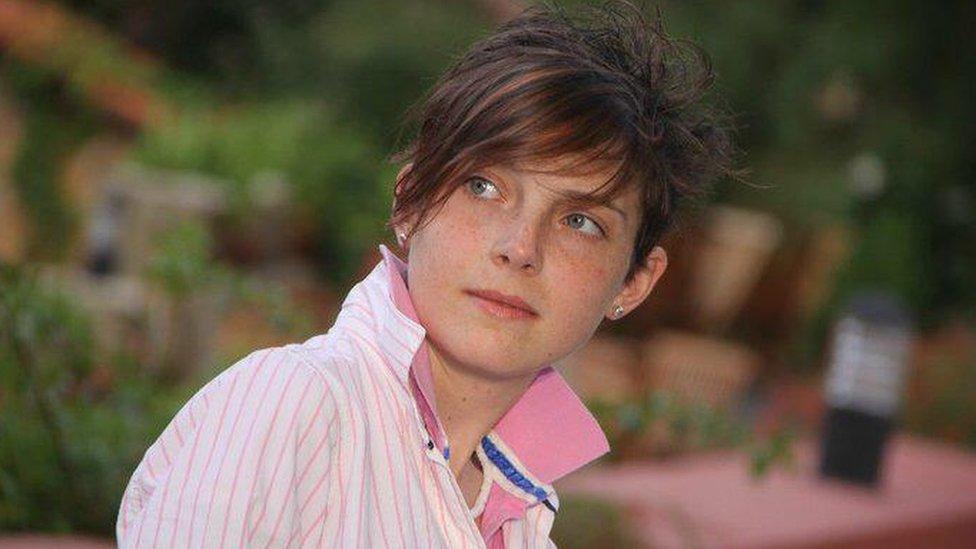
- Published24 February 2020
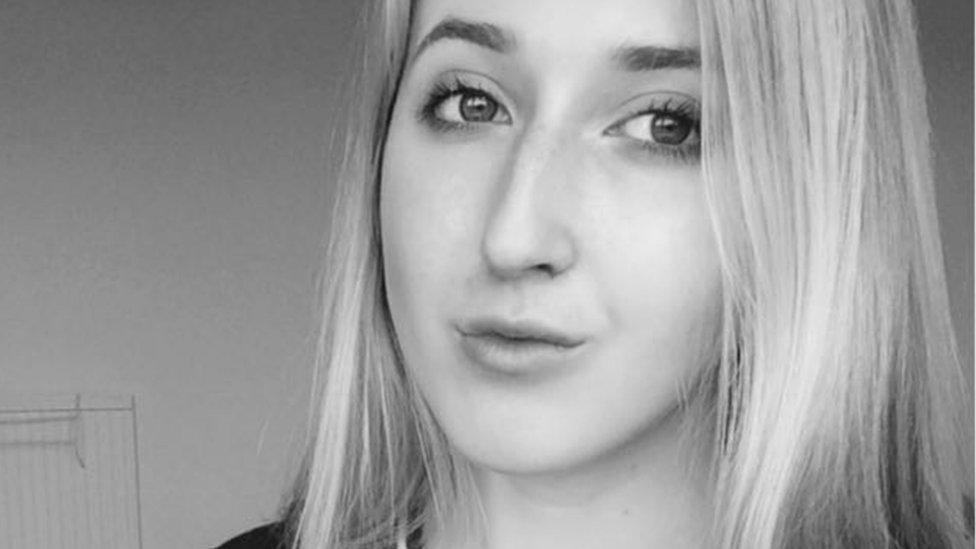
- Published18 September 2020
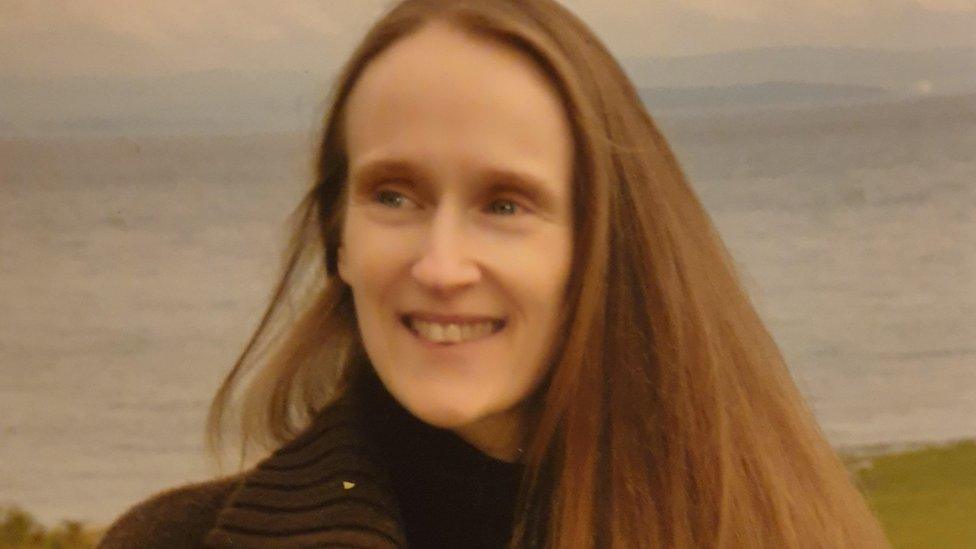
- Published18 December 2019
